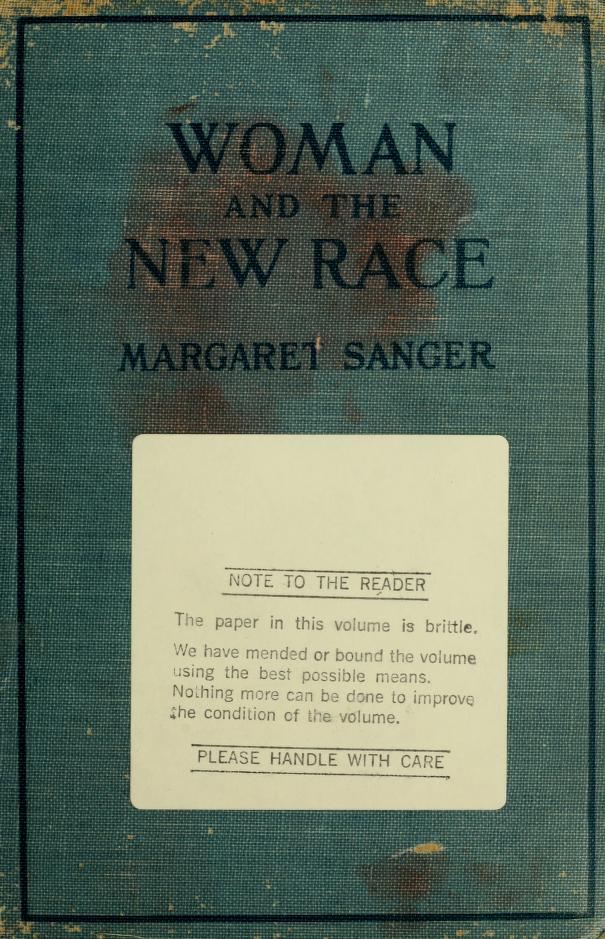
Woman and the New Race
References and Quotes
The bleak notion of mechanism first appears unmistakably in recorded Western history in the Old Norse Religion as the theology of ancient Scandinavia is sometimes called. It is the only known major religion to have no ethical code other than pragmatism. What works is right. In Old Norse thinking, nothing was immortal, neither man nor gods; both were mere accidental conjunctions of heat and cold at the beginning of time—and they are destined to pass back into that state in an endless round. Old Norse establishes itself in England after the Norman Conquest, locating its brain center at Cambridge, particularly at College Emmanuel from which the Puritan colonization of New England was conceived, launched, and sustained. Old Norse was slowly scientized into rational religion (various unitarian colorations) over centuries. It transmuted into politics as well, particularly the form known in England and America as Whig. An amusing clue to that is found in the history of the brilliant Whig family of Russell which produced Bertrand and many more prominent names— the Russells trace their ancestry back to Thor. Understanding the characteristics of the Old Norse outlook in its rampant experimentalism and pragmatic nature allows us to see the road the five thousand year old civilization of China was put upon by its "New Thought Tide," and to understand how the relentlessly unsentimental caste system of Old Norse history could lead to this astonishing admission in 1908 at a National Education Association national convention: "How can a nation endure that deliberately seeks to rouse ambitions and aspirations in the oncoming generations which in the nature of events cannot possibly be fulfilled ? [...] how can we justify our practice in schooling the masses in precisely the same manner as we do those who are to be our leaders ? Is human nature so constituted that those who fail will readily acquiesce in the success of their rivals"[p.53]. The speaker was a Russell, James Russell, dean of Columbia Teachers College. No pussy-footing there. The Old Norse character, despising the poor and the common, passes undiluted through Malthus’ famous essay (Second edition, 1803), in which he argues that famine, plague, and "other forms of destruction"[p.537] should be visited on the poor. "In our towns, we should make the streets narrower, crowd; more people into the houses, and court the return of the plague."[p.537] No pussy-footing there, either. Over a century later in Woman and the New Race (1920), Margaret Sanger wrote, "The most merciful thing that the large family does to one of its infant members is to kill it."[p.87] Great Britain’s Prince Philip said that if he were reincarnated he would wish to return as "a killer virus to lower human population levels." Even the kindly oceanographer, Jacques Cousteau , writing in the UNESCO Courier, (November 1991) said "World population must be stabilized and to do that we must eliminate 350,000 people per day. This is so horrible to contemplate that we shouldn't even say it. But the general situation in which we are involved is lamentable."[p.13] The eugenic implications of this prescription go unremarked by Cousteau. Suppose you were among the inner circle of global policymakers and you shared these attitudes? Might you not work to realize them in the long-range management of children through curriculum, testing, and the procedural architectonics of schooling?